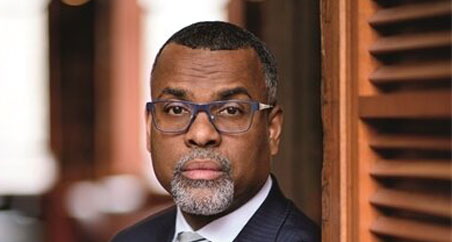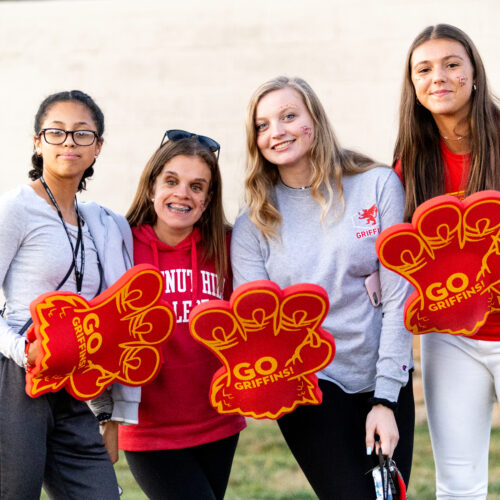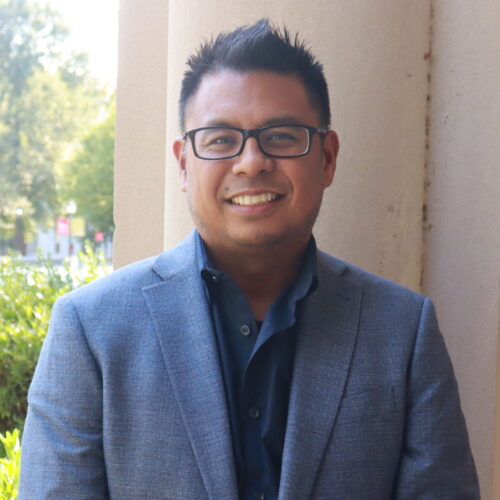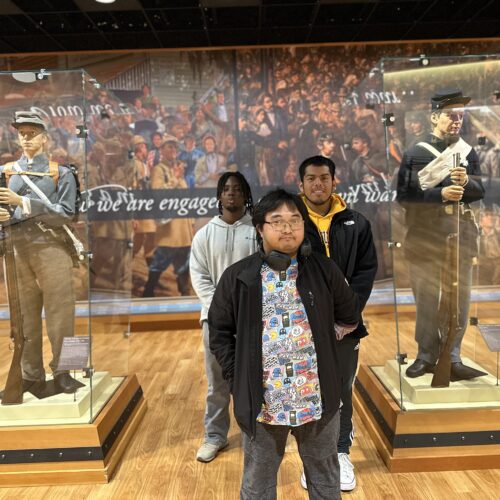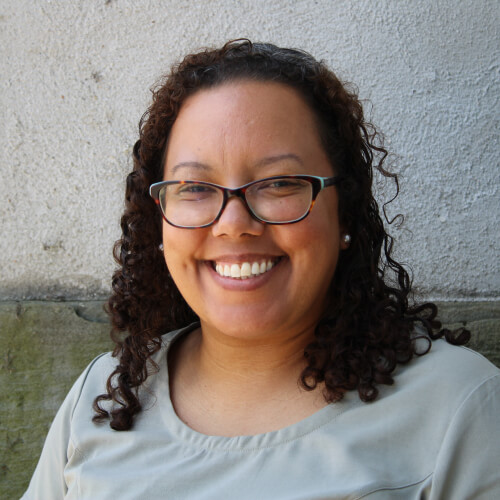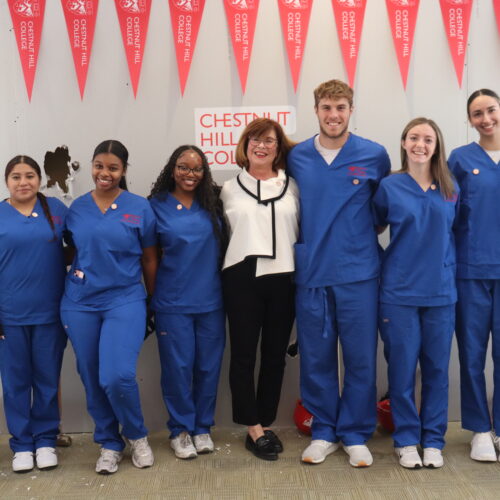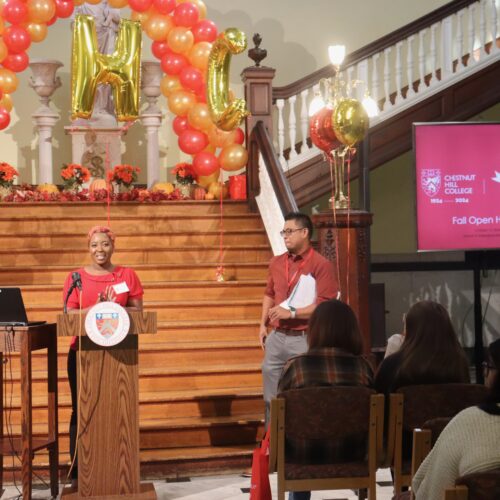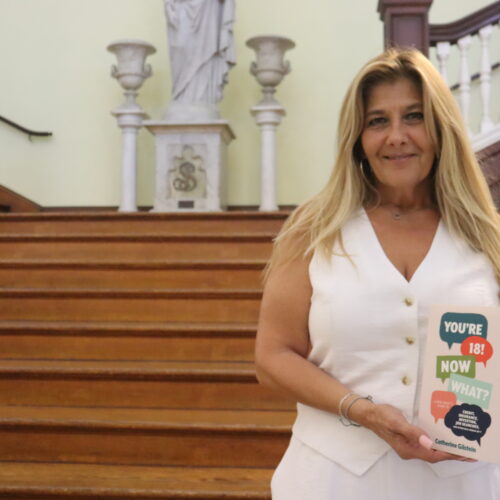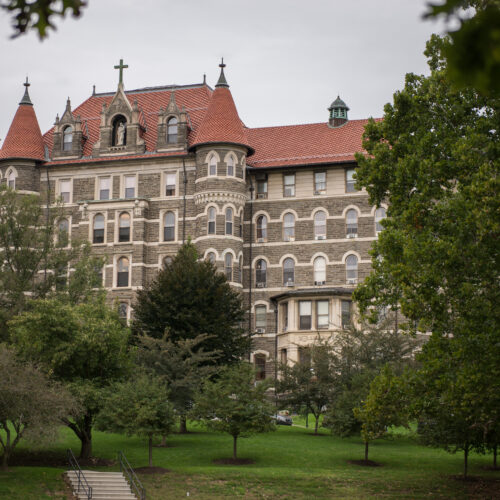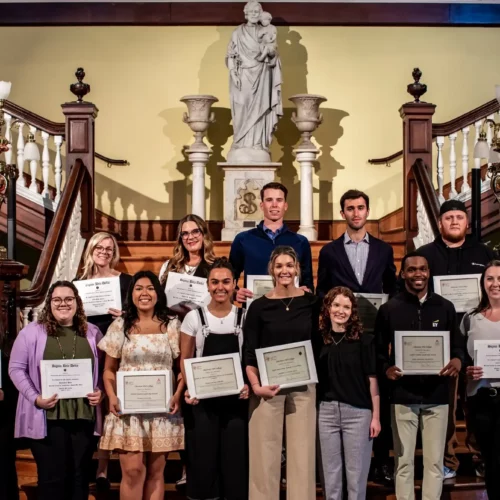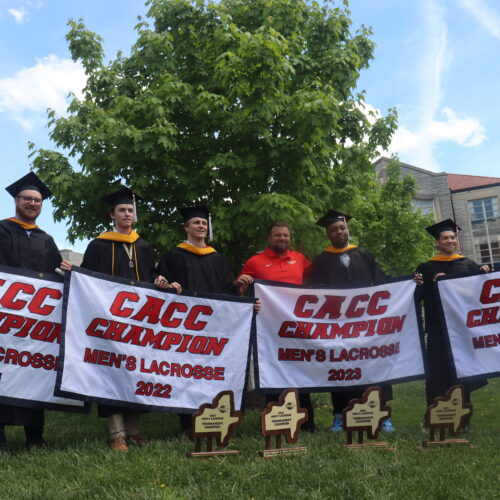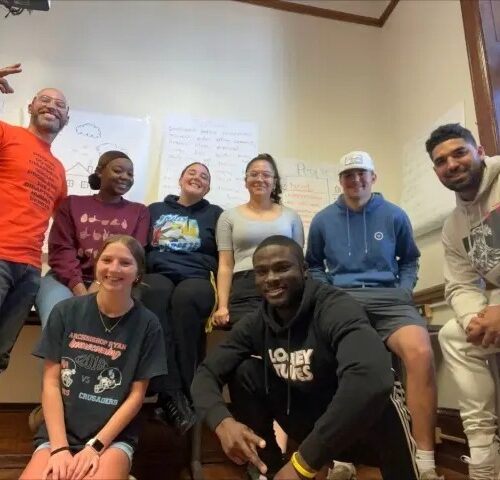
News & Publications
News
Noted Scholar and MSNBC Commentator, Dr. Eddie S. Glaude, to Serve as Speaker for Chestnut Hill College’s 98th Annual Commencement
Amid its 100th Anniversary celebrations, on Saturday, May 17, Chestnut Hill College will hold its 98th Annual Commencement Ceremony for students in the School of Undergraduate Studies. The procession will…
Students Experience Unforgettable Trip at NASDAQ
Recently, a group of Chestnut Hill College business students had the opportunity to take a trip to the NASDAQ headquarters in New York City. During this trip, students visited the…
Chestnut Hill College to Add Women’s Flag Football and Women’s Golf in 2025
Women’s golf will begin in Fall 2025 and women’s flag football will follow with their inaugural season in Spring 2026. Chestnut Hill College is pleased to announce an expansion of its…
Jeffrey Carroll Tapped to Serve as President of Pennsylvania Political Science Association
In a historic moment, the nation’s longest-standing political science association, the Pennsylvania Political Science Association (PPSA) has announced that Jeffrey Carroll, Ph.D., associate professor of political science and chair of…
GriffinTech Participates in CCSC Programming Contest
In mid-October students in the Center for Data and Society had the opportunity to participate in the 40th Anniversary of the Consortium for Computing Science in Colleges Eastern Regional Annual…
From Loss to Leadership: Ally Monteiro ’15 and Her Journey of Service
Ally Monteiro ’15 is a testament to resilience and the transformative power of the Chestnut Hill College community. Following the heartbreaking loss of dear friend and classmate David Zukauskas in…
Chestnut Hill College Kicks off Construction for State-of-the-Art Nursing Clinical Arts Center
The new Nursing Clinical Arts Center, funded in part from a $400,000 RACP grant, will include simulation, basic skills and health assessment labs, and will host nursing students in both…
Annual Griffin Fest and Fall Open House Bring Energy, Excitement to Campus
A sense of belonging, a sense of home – those were the themes that punctuated the 100th Anniversary Griffin Fest and Fall Open House, as alumni returned home to campus…
Catherine Gilstein, MBA, Ph.D., Shares Insight and Wisdom in Her New Book “You’re 18! Now What?”
Financial literacy and economic empowerment are two things that are incredibly vital to being able to survive – and thrive – in the real world. Catherine Gilstein, MBA, Ph.D., assistant…
CHC Secures $20,000 PDE Grant to Create New Alternate Spring Break Program with Lindley Academy
As part of an ongoing effort by Governor Josh Shapiro’s administration and the state of Pennsylvania’s “Attract, Prepare, and Retain” campaign, 77 school entities were recently awarded over $1.4 million…
New Honor Society Inductees Showcase Academic Excellence, Commitment to Service
With the end of each academic year comes recognition of the scholarly achievements made by students. This year, Chestnut Hill College was proud to induct nearly 100 new members to…
Playoff Appearances Abound in Historic Year for CHC Athletics
It was an absolutely incredible year for CHC and Griffin Athletics as the College enjoyed a fourth straight championship celebration, historic moments, broken records, playoff successes, MVP and Player of…
Felix Rosado Shares Inspirational Journey from Incarcerated to College Professor as He Joins CHC to Educate on Restorative Justice
Felix Rosado joins the Chestnut Hill College community as an inspiring and unconventional adjunct professor. Just two years ago he was serving a sentence of death by incarceration (more commonly…
Chestnut Hill College Receives $3.2 Million Gift to Create First-Ever Endowed Chair in the Sciences
Chestnut Hill College is pleased to announce that it has received a $3.2 million gift from the estate of Regina M. Cuta-Papa, M.D. The generous contribution is the largest ever faculty-focused…
Nursing is Coming to Chestnut Hill College
With an eye toward the future, on Friday, May 10th during National Nurses Week, Chestnut Hill College announced Pennsylvania Board of Nursing’s approval for two new nursing programs within its newly created…

